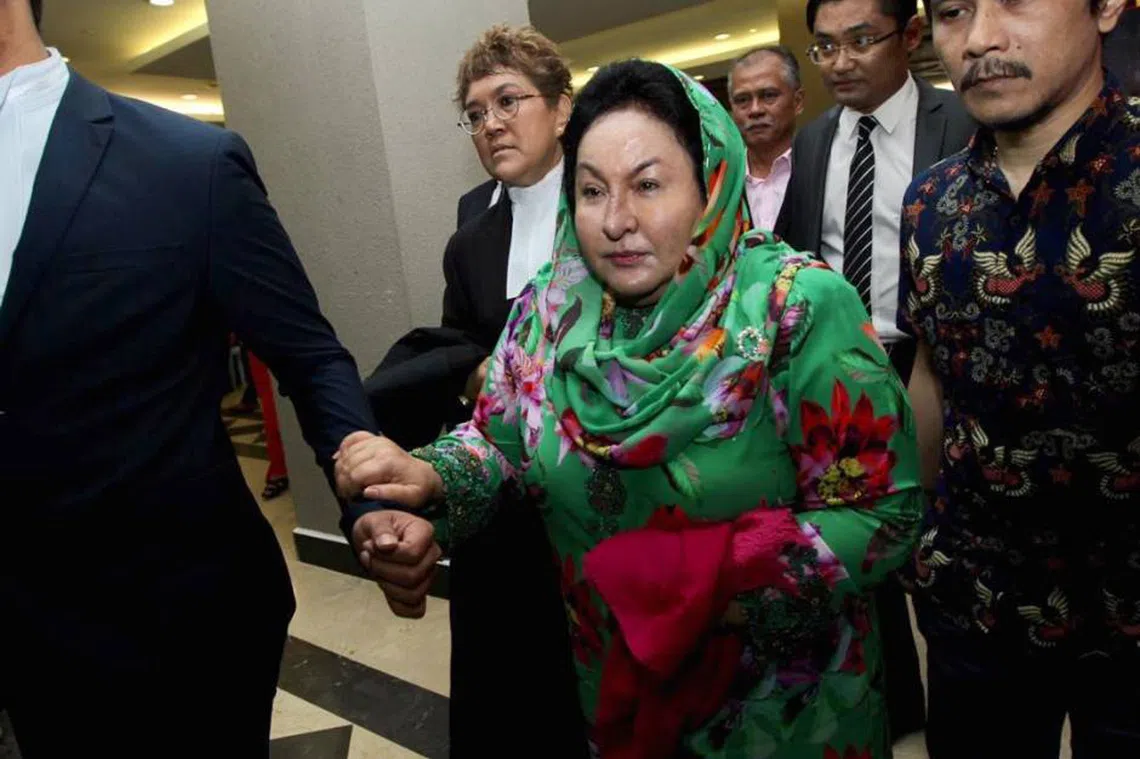The Bank of Maldives (BML) has increased the monthly debit card limit for international payments to $500 starting tomorrow, a decision that has ignited fierce criticism from Maldivian Democratic Party President and former Speaker of Parliament, Abdullah Shahid. In a strongly worded post on X, Shahid called the move “not a win for the people” but “a cleverly disguised scheme to extract more from the public,” accusing BML of exploiting the nation’s currency crisis.
Shahid highlighted the new 30 percent fee on rufiyaa (MVR) debit card transactions for e-commerce, which he says makes online purchases more expensive than black market rates. “This is punishing ordinary citizens while letting the privileged bypass the system,” he stated in his post. The fee applies to transactions on platforms like Temu, Shein, Alibaba, AliExpress, Lazada, and eBay, a move that has drawn significant public backlash.
The opposition leader argued that the policy is not merely a response to foreign exchange shortages but a case of “BML profiteering from a currency shortage engineered by the government’s failure to secure foreign financing and manage reserves responsibly.” Shahid warned that the policy shifts the economic burden onto average Maldivian families, “widening inequality, shrinking access to global goods, and worsening the cost-of-living crisis.”
“This policy doesn’t solve the problem—it institutionalizes hardship and reinforces a dual economy where the poor pay more and the rich find a way around,” Shahid added, emphasizing the disproportionate impact on ordinary citizens.
BML’s announcement comes amid growing concerns over the Maldives’ foreign exchange reserves and economic stability. Critics, including Shahid, argue that the new measures fail to address systemic issues and instead exacerbate financial pressures on households.
As the $500 limit and 30 percent e-commerce fee take effect tomorrow, public discontent and debates over economic equity are expected to intensify.
Shahid highlighted the new 30 percent fee on rufiyaa (MVR) debit card transactions for e-commerce, which he says makes online purchases more expensive than black market rates. “This is punishing ordinary citizens while letting the privileged bypass the system,” he stated in his post. The fee applies to transactions on platforms like Temu, Shein, Alibaba, AliExpress, Lazada, and eBay, a move that has drawn significant public backlash.
The opposition leader argued that the policy is not merely a response to foreign exchange shortages but a case of “BML profiteering from a currency shortage engineered by the government’s failure to secure foreign financing and manage reserves responsibly.” Shahid warned that the policy shifts the economic burden onto average Maldivian families, “widening inequality, shrinking access to global goods, and worsening the cost-of-living crisis.”
“This policy doesn’t solve the problem—it institutionalizes hardship and reinforces a dual economy where the poor pay more and the rich find a way around,” Shahid added, emphasizing the disproportionate impact on ordinary citizens.
BML’s announcement comes amid growing concerns over the Maldives’ foreign exchange reserves and economic stability. Critics, including Shahid, argue that the new measures fail to address systemic issues and instead exacerbate financial pressures on households.
As the $500 limit and 30 percent e-commerce fee take effect tomorrow, public discontent and debates over economic equity are expected to intensify.


















